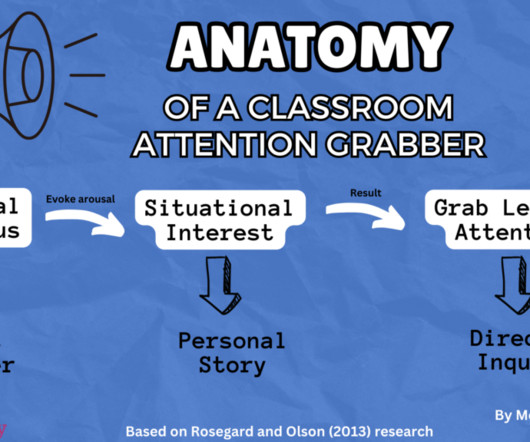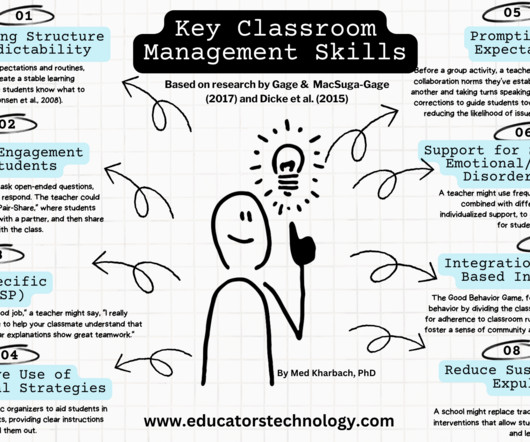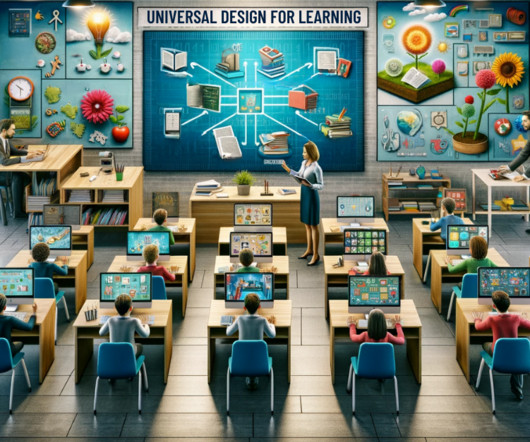30 Effective Classroom Attention Getters with Examples
Educational Technology and Mobile Learning
DECEMBER 29, 2023
In the dynamic world of education, keeping students engaged and attentive is a challenge every educator faces. Research has consistently highlighted the detrimental effects of boredom on student learning. 2010; Ziv, 1988). This approach appeals to different learning styles and keeps students engaged (Mayer, 2003).




















Let's personalize your content